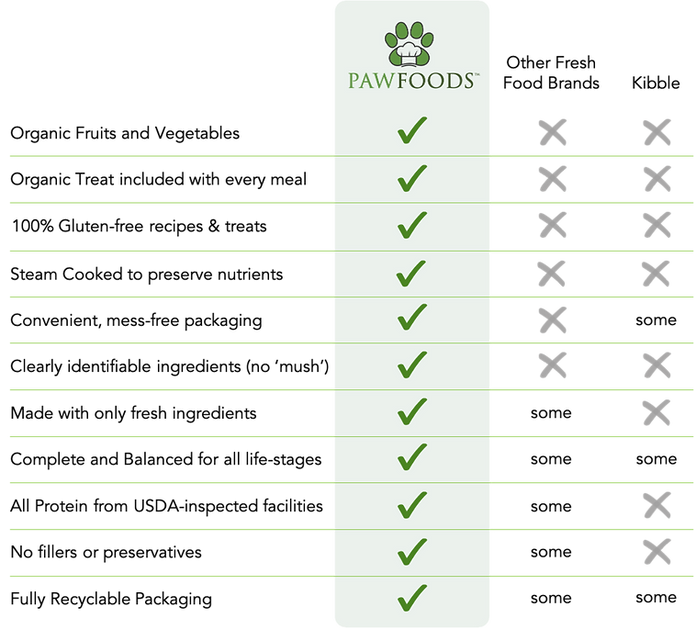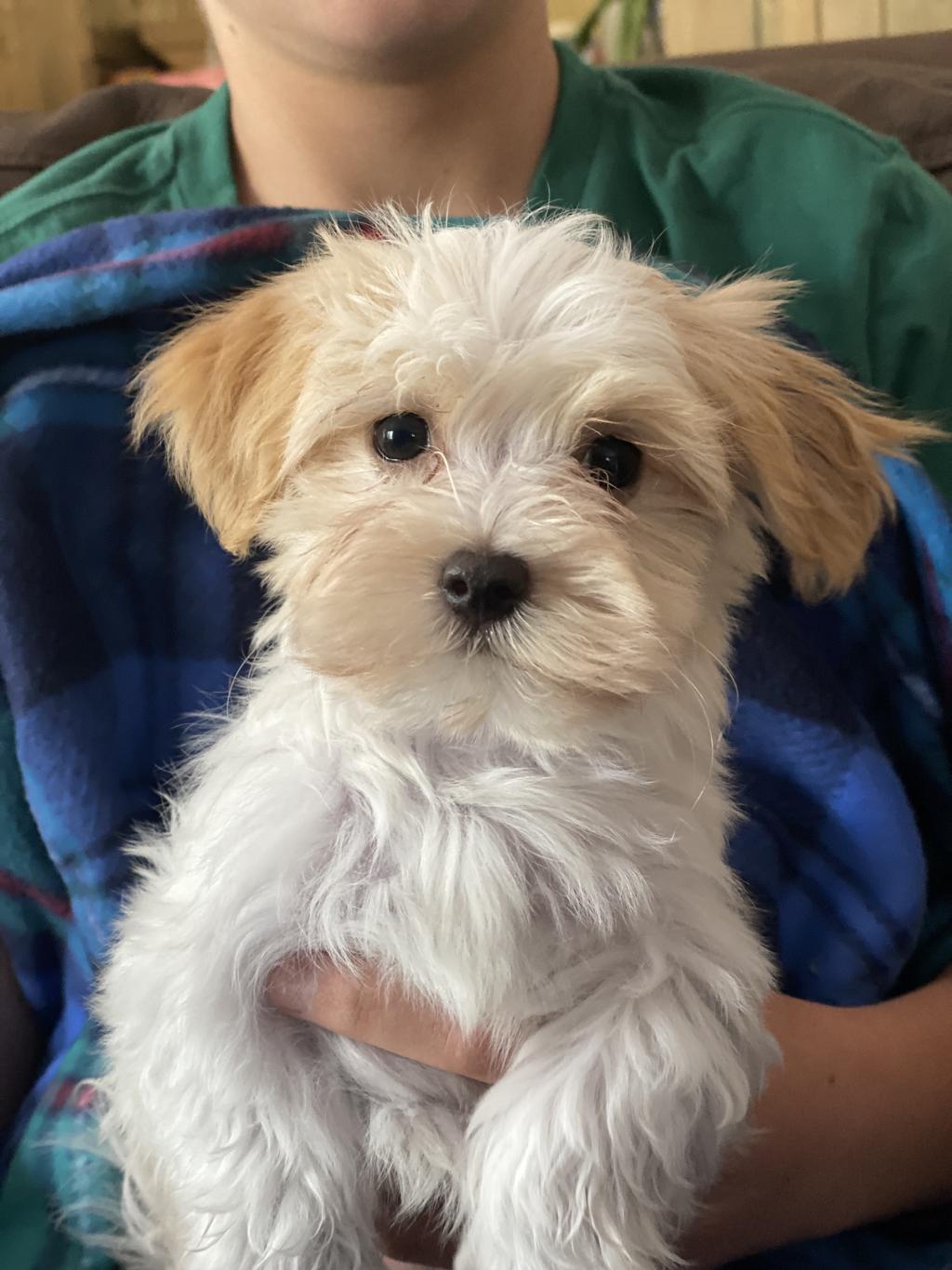
The Havanese is Cuba's national dog. It is a bichon-type, bichon-type dog. It is a descendent of the extinct Blanquito de la Habana and the Bichon Tenerife. They make excellent companions.
Are you a good companion dog?
The Havanese dog is active and energetic. Although small and slim, this breed is extremely intelligent and can be trained. They enjoy playing with other dogs and going on walks. They are also excellent at agility and make great watchdogs.
The Havanese makes a wonderful companion dog. They are friendly and enjoy spending time with their owners. They love to perform tricks such as jumping through a hula hoops or climbing up balance beams. Even though they require constant grooming, their companionship and love are worth it.
Legg-Calve-Perthes
Legg-Calve Perthes is a degenerative hip disease that affects the hip region of the Havanese. The disease may cause arthritis, lameness, or muscle atrophy. Treatment can include surgery. It depends on the extent and location of your disease. Mild cases may respond to pain medication or medical therapy. It is important to note that overweight dogs are at greater risk of developing the disease.

Legg Calve-Perthes is an inheritance condition. An inadequate blood supply causes the head to degenerate. In severe cases, the kneecap can dislocate, causing pain, limited mobility, and even disability. The condition often develops during childhood. It is more common in children of color.
Health issues
Havanese dogs require special health care. Your veterinarian can determine which vaccinations your pet needs. You can start the vaccines as early as six weeks of age. It is possible to test your dog for genetic diseases or other health problems. A vet can also recommend preventative measures such as flea- and tick medications. These medications are generally based upon weight and are applied to your dog's skin.
Another common issue for the Havanese is joint and bone problems. Chondrodysplasia Punctata is a condition that causes uneven growth and can lead to limping. Legg Calve Perthes, another issue that affects health, can cause arthritis and joint pain. Havanese might also experience elbow joint slippage or patellar-luxation. Havanese may also be affected by liver shunt. This causes toxic substances to build up in their hearts.
Care
Heart failure is the leading cause death for Havanese breed dogs in their golden years. Regular monitoring of your pet's health is essential. Heart problems in dogs can be caused by a weakening one of the valves. This allows blood to leak back around a valve, straining it. A heart murmur can be a sign that your pet has heart valve disease. A basic test can be performed by a veterinarian to rule other serious conditions like heart disease and irregular heartbeat. A veterinarian will make recommendations for the best treatment for your dog's specific needs.
Havanese eyes need to be taken care of in order to keep your pet healthy. Proper eyecare can prevent vision loss, and decrease discomfort. Eye problems in dogs can range from chronic eye pain to corneal ulcers. There are many treatments available.
Grooming

Habanese grooming is complicated. The length of the coat is the first. The Havanese is known for their long silk coat that consists of a short undercoat and a long outer coat. You can have your outer coat straight, curled, or wavy and in any color.
The coat of a Havanese needs daily grooming. The coat should be brushed daily or sprayed with fine mist sprayer. You should brush your dog's coat dry, not wet. You should brush your dog's coat all the way down to the skin, not just the outer layer.
FAQ
What are the things I should consider before buying an exotic pet?
You should consider several factors before buying an exotic pet. You must decide whether you plan to keep the animal or sell it. If you are keeping the animal as your pet, ensure that you have enough space. You should also know how much you plan to spend on the animal's care. It takes time to care for an animal, but it's worth it because they give great companionship.
If you plan to sell the animal, then you need to find someone who wants to buy it from you. You must ensure that the person purchasing your animal knows all about taking care of them. It is important to not overfeed your animal. This could cause health problems later on.
If you choose to get an exotic pet, then you need to make sure that you research all aspects of them. Many websites provide information about various types of pets. Be careful not to fall into any scams.
How to feed a pet.
Cats and dogs eat four times per day. Breakfast is made up of dry kibble. Lunch usually consists of some type of meat such as chicken or beef. Dinner is often a meal of vegetables, such as broccoli or peas.
Cats have different dietary needs. Canadian foods should be a major part of their diet. These include tuna salmon, sardines and chicken.
Your pet may also enjoy eating fruits and vegetables. These should not be allowed to your pet too often. Cats are more likely to get sick when they eat too much.
You should not allow your pet to drink straight from the tap. Instead, allow him to drink from a bowl.
Make sure that your pet gets enough exercise. Exercise will help keep your pet healthy and his weight down. It also keeps him healthy.
You should clean up after your pet is fed. This will keep your pet safe from getting infected with bacteria.
Don't forget to brush your pet regularly. Brushing can remove dead skin cells which can lead to infection.
Brush your pet at least twice a week. Use a soft bristle hairbrush. A wire brush is not recommended. It can cause irreparable damage to your pet’s teeth.
When your pet eats, be sure to supervise him. He needs to chew his food properly. He may choke on bits of bone.
Your pet should not be allowed to use garbage cans. This could cause serious health problems for your pet.
Never leave your pet alone in an enclosed space. This includes cars, hot tubs, and boats.
How long should a dog remain indoors?
Dogs are naturally curious. They need to have an outlet for this curiosity. They could become destructive if there are no outlets. This can lead to many problems, including the destruction of property and injury to people.
Outside, it is important to keep your dog on a leash. The leash keeps them from getting into trouble while allowing them to explore their environment safely.
He will be bored and uninterested if you keep him indoors all day. He may start to chew furniture and other objects. He could also develop health problems if his nails grow too long.
This will help you avoid any negative consequences. You can take your dog for a walk in the neighborhood, ride in the car or to the park.
This will give him something to do and help him burn some energy.
What do I do if my dog bites another person?
If an animal attacks you, it is important to first make sure it isn't rabid. If this is not possible then you should call for assistance. Do not attempt to handle the situation yourself, as you could become seriously injured.
If the animal is not aggressive but does bite, then take it to a veterinary clinic. Your vet will examine it, and then advise you if additional treatment is necessary.
Most cases will require rabies shots. These shots should not be administered by you. Only a qualified person should do so.
Should I spay/neuter/neuter my dog or not?
Yes! Spaying and neutering your dog is very important.
Not only does it reduce the number of unwanted puppies in the world, but it also reduces the risk of certain diseases.
There is, for instance, a greater chance of breast cancer in female dogs that in male dogs.
And there is a higher risk of testicular cancer in males than females.
The spaying or neutering of your pet can also help to prevent her from having babies.
Statistics
- Reimbursement rates vary by insurer, but common rates range from 60% to 100% of your veterinary bill. (usnews.com)
- For example, if your policy has a 90% reimbursement rate and you've already met your deductible, your insurer would pay you 90% of the amount you paid the vet, as long as you're still below the coverage limits of your policy. (usnews.com)
- It's among a relatively few companies that provide policies with a full (100%) coverage option, meaning you are not responsible for any co-payment of bills. (money.com)
- It is estimated that the average cost per year of owning a cat or dog is about $1,000. (sspca.org)
- A 5% affiliation discount may apply to individuals who belong to select military, law enforcement, and service animal training organizations that have a relationship with Nationwide. (usnews.com)
External Links
How To
How to choose a good name for your pet?
Choosing a name for your pet is one of the most important decisions you'll make when adopting a new animal into your home. You want your pet's name to reflect their personality.
It is important to consider how other people might refer to you - for instance, if they are going to be called by their name in conversation. And finally, you should think about how you yourself would like to be referred to. You might be more inclined to call yourself "dog", or "pet".
Here are some tips that will help you get started.
-
Choose a name that is appropriate for your dog's breed. If you know the breed (e.g., Labradoodle), look up the names associated with that breed. Ask someone who has a deep understanding of dogs for suggestions on naming a dog after the breed.
-
Be aware of the meaning behind the name. Some breeds are named after people and places while others are simply nicknames. Because he was always running, the name Rover was given to a Labrador Retriever.
-
Think about how you'd like to be called. Do you prefer to be called "dog?" or "pet?" Would you call your dog "Puppy" or "Buddy"?
-
Make sure to include the owner's name. It is a smart idea to give your dog a name that includes both your first and last names. However, it doesn't mean you should limit yourself to just including the names of family members. Your dog could grow up to become a member of your family.
-
Many pets may have more than one name. A cat may have many names, depending on where she is located. While she may be called "Kitty Cat" at her home, she might go by "Molly" when visiting her friends. This is especially true if the cat lives outside. They often adopt their names to fit their environment.
-
Be creative! There are no rules stating that you have to stick to one naming convention. You just need to choose something that is unique and memorable.
-
Check that your chosen name isn't used by any other person or group. That way, you won't accidentally steal someone else's identity!
-
It is not easy to choose a name for your pet. Sometimes it takes some time to decide if a name is right. Keep at it until you find the right match.